People
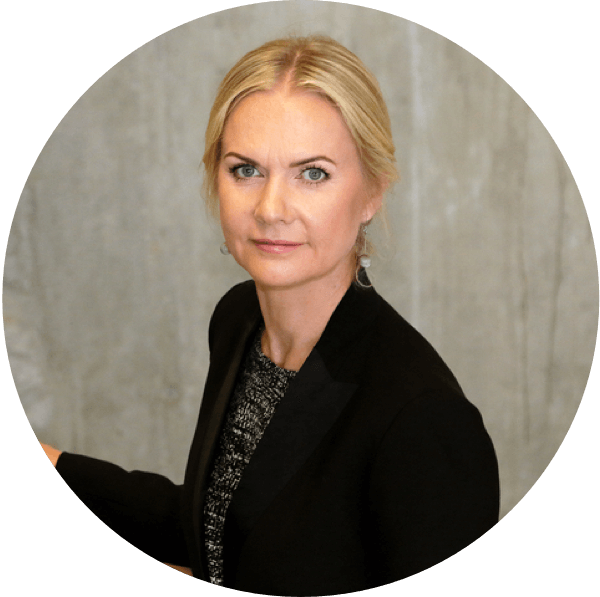
Prof Eneken Laanes
Professor of Comparative Literature
Eneken’s research interests cut across cultural memory studies, comparative literature, translation studies and post-socialist memory cultures in Eastern Europe. Her research is situated at the intersection of various artistic media such as literature, film and art. She is the project leader of Translating Memories and is working on a book project about the concept of the translation of memories in former East Germany, Poland, and the Baltic States and Russia.
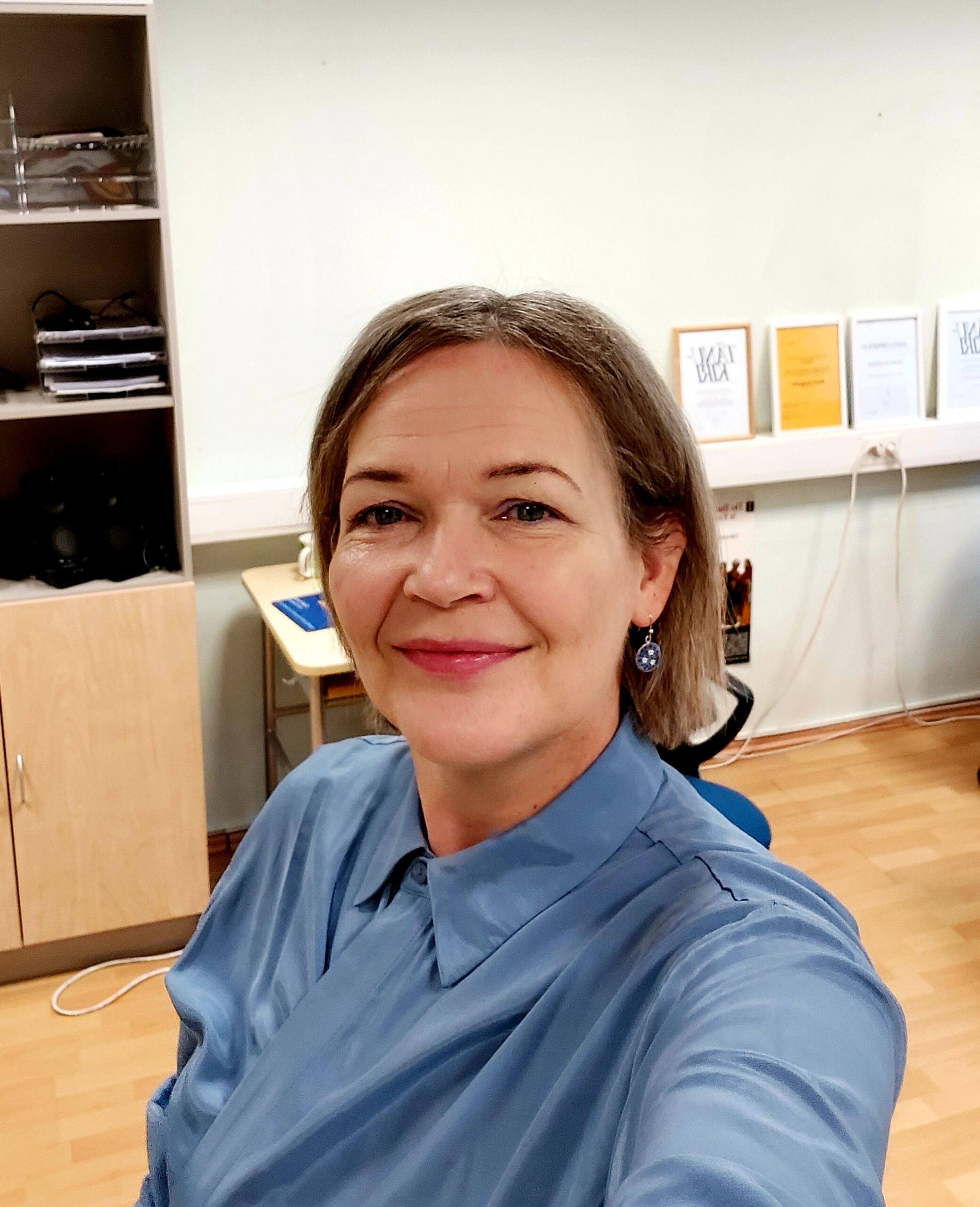
Dr Aigi Heero
Associate Professor of German Language and Didactics; Researcher
Aigi’s research interests are in contemporary German-language literature, literature and memory studies, German linguistics and didactics of German language. In this project she looks at how German-language literature by transcultural authors with Soviet as well as Yugoslavian background (e.g. Wladimir Kaminer, Vladimir Vertlib, Sascha Stanicić) contribute to depicting and interpreting their memories of the communist authoritarian past beyond national literatures and cultures. Furthermore, she examines on the basis of exemplary case studies how the memory of the GDR is presented in contemporary German literature. Thereby it should be discussed whether corresponding, transnational experiences also require an analogous way of dealing with the repressive past. She also analyzes the works of Gohar Markosjan-Käsper, an Estonian-Armenian author whose novels critically dispute with the legacy of Soviet society in present-day Estonia.
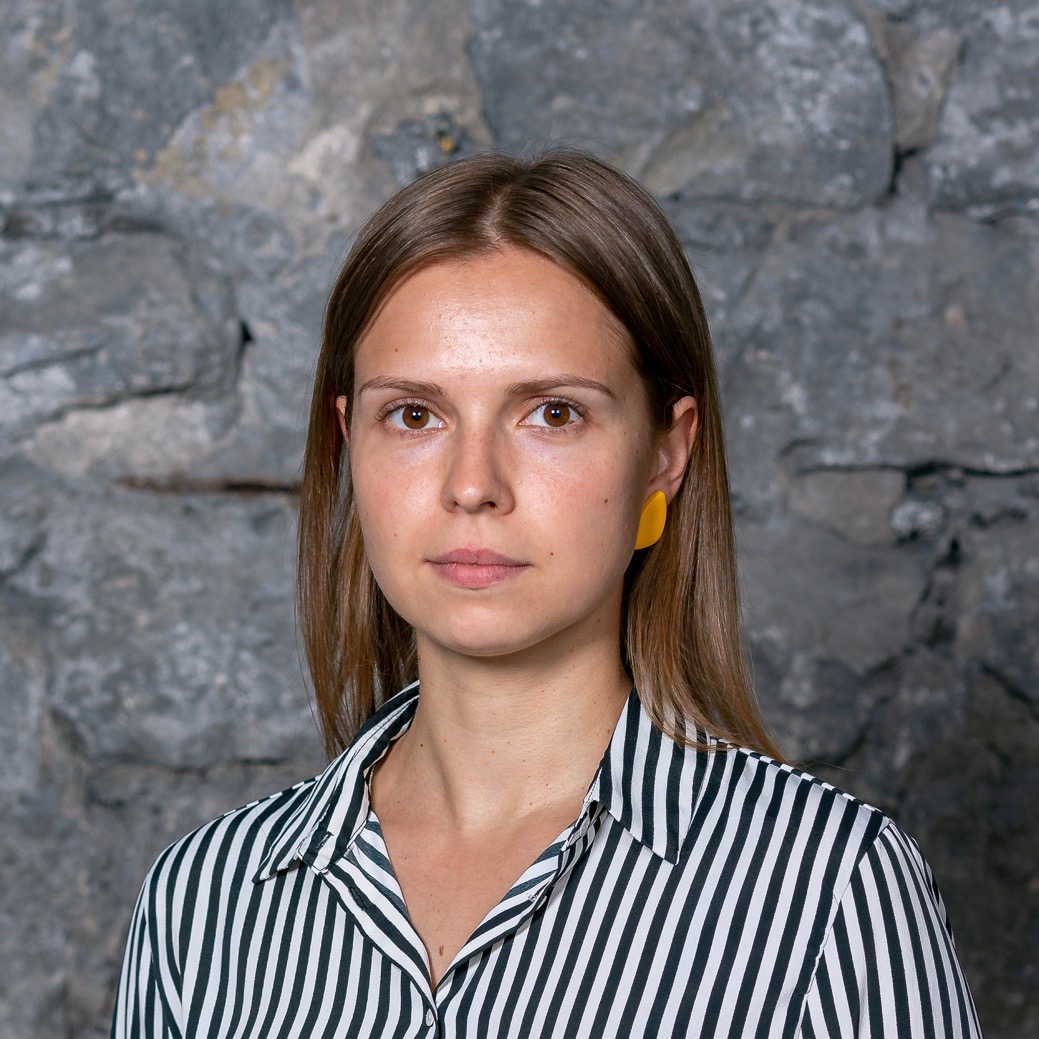
Hanna Aunin
Doctoral Researcher
Hanna’s research lies at the intersection of memory studies and film theory. She is studying the representations of World War II and Soviet past in post-1990 Baltic films. Her dissertation explores Baltic deportation dramas that were made in the previous decade and that are part of the “search for recognition” memory paradigm, and films that focus on “historical blind spots”, i.e. topics and events that have not received widespread attention in the memory culture of the Baltics. She is interested in what kind of devices and means these films use to make the Baltic past comprehensible for audiences abroad, and what kind of viewer engagements these films promote.
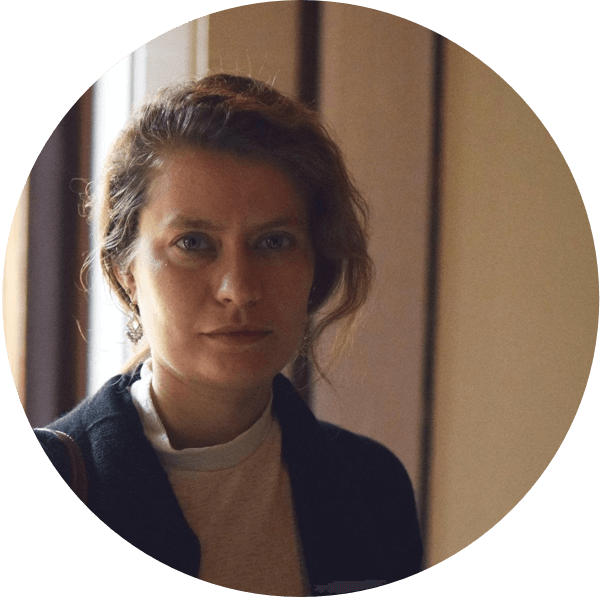
Dr Margaret Comer
Postdoctoral Researcher
Margaret’s research focuses on the heritage of mass repression, Soviet and post-Soviet memorialization and heritagization, contested memory, and group identity. She is specifically interested in how post-repression societies variously portray suffering, loss, perpetration, and victimhood at sites associated with mass violence. The overarching goal is to analyze how the heritage of past violence can be instrumentalized in order to avoid reckoning with past violence and, further, how this heritage can be weaponized in order to further contemporary violence.
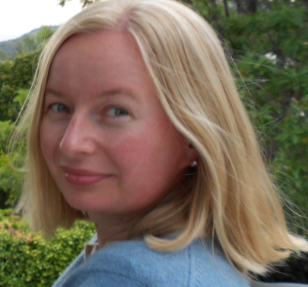
Dr Anita Pluwak
Postdoctoral Researcher
Anita’s research focuses on cultural change and conflict in post-socialist societies, especially in relation to contested artworks and memories, and shifting perceptions of democratic publics. In this project, she investigates recent Polish controversies over cultural production and the impact that differing interpretations of the past have on public arts conflicts today. Among the cases she explores are debates surrounding popular crime novels’ usage of post-socialist conspiracy theories, incl. belief in plots driven by the former communist establishment and the “stolen” transition that has become a key marker of political division in present-day Poland.
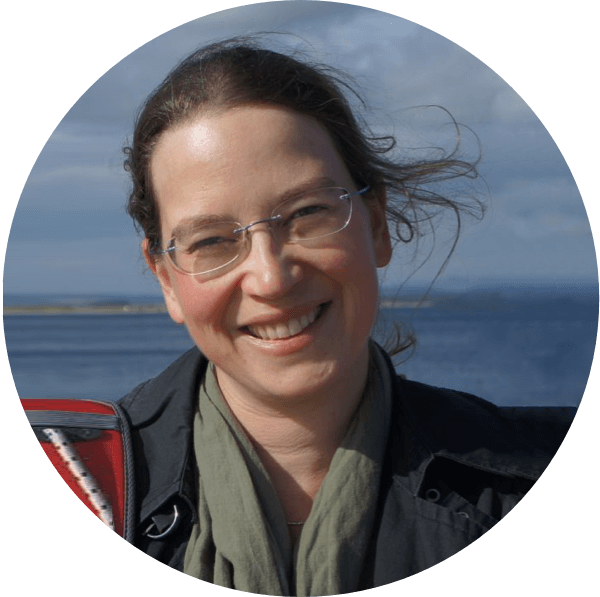
Dr Diana Popa
Postdoctoral Researcher
Diana is a film scholar with an interdisciplinary research agenda situated at the intersection of film and cultural memory studies. In her research for this project, Diana explores how historical (fiction and documentary) films that creatively re-use audio-visual archival materials remediate the Eastern European past and memory in local, regional and transnational contexts. Before joining Tallinn University, she was an ERC postdoctoral research fellow at the University of Edinburgh part of the “Illuminating the ‘Grey Zone’: Addressing Complex Complicity in Human Rights Violations” project (2018-2020). She received her PhD in Film Studies from the University of St Andrews, Scotland (2018), with a thesis that explored the aesthetics of slowness in contemporary Romanian cinema by placing it in relation to wider discussions about slowness and Slow Cinema, and by linking its distinctiveness to wider cultural notions and practices of temporal organisation as well as the socio-cultural and political history of the nation.
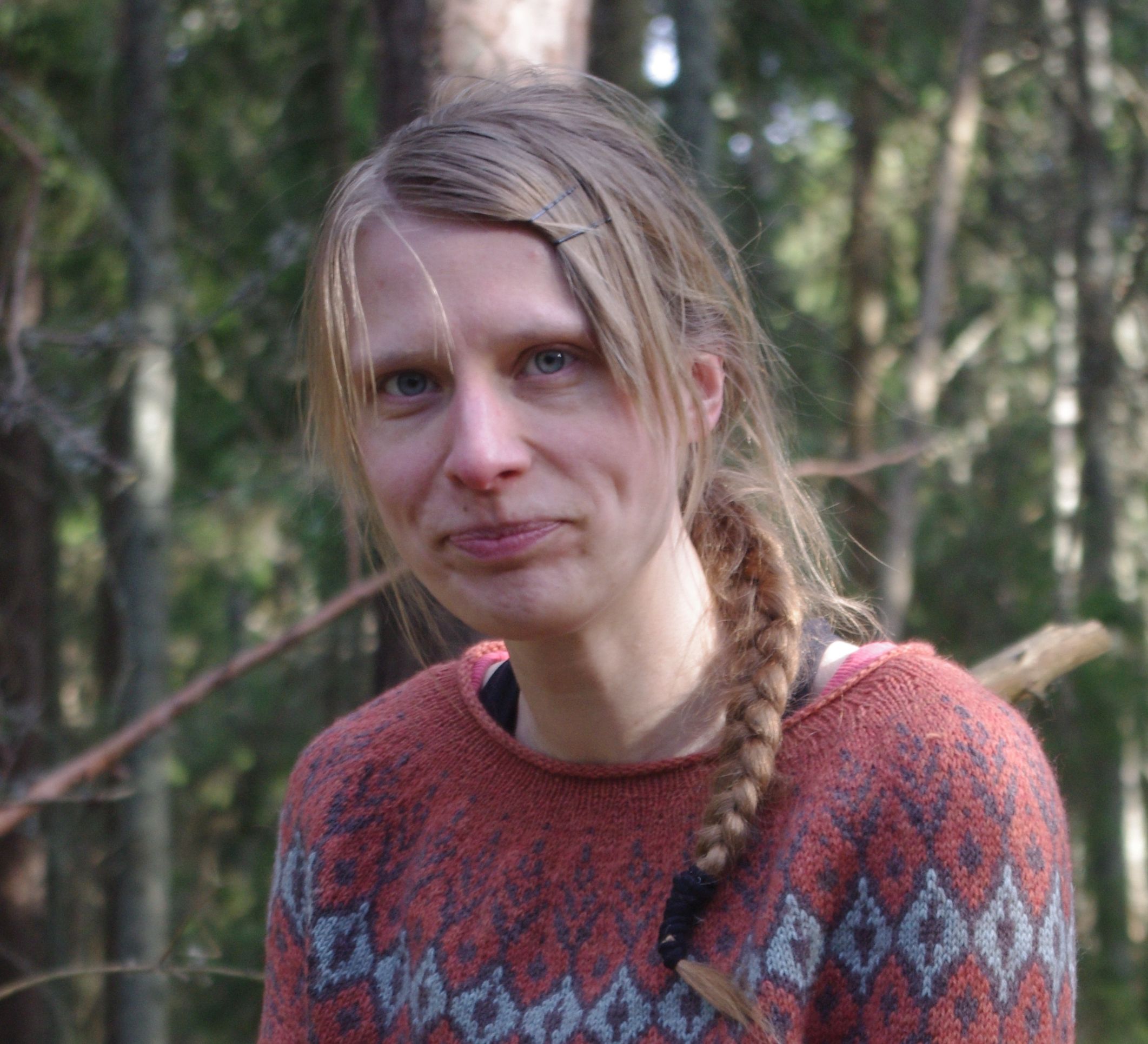
Dr Johanna Ross
Affiliated Researcher (Postdoctoral level)
Johanna’s research interests include Soviet Estonian literature and women’s writing, canon building and reception studies. She has studied mostly novels of the 1960s–1970s and their reception. Her recent work includes research on late Soviet Estonian girls’ novellas and everyday literature, as well as on Soviet-era literary criticism in general.
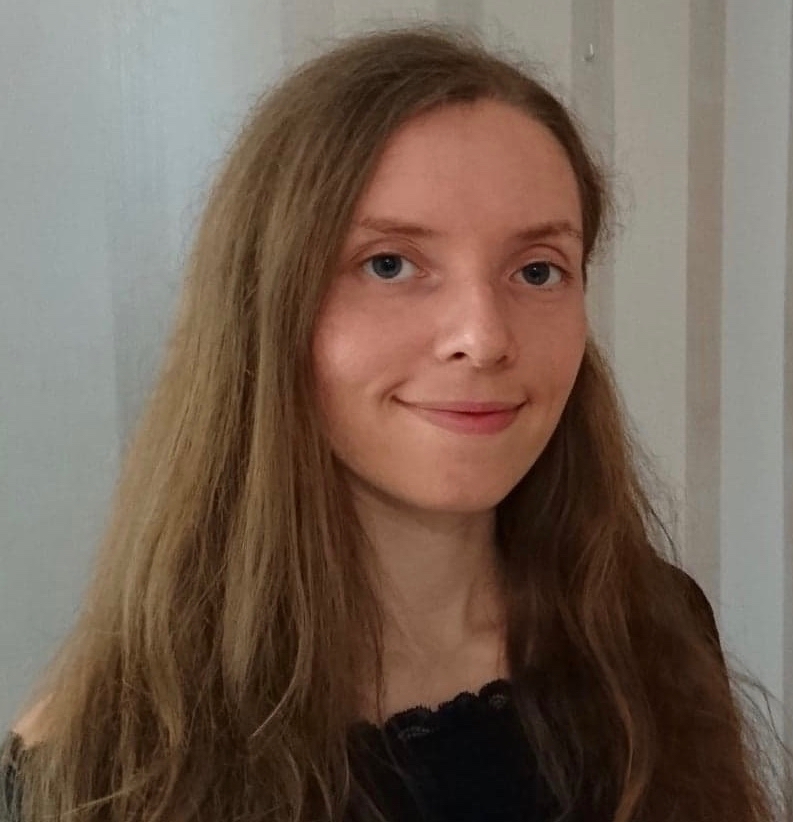
Bernadette Ščasná
Doctoral Researcher
Bernadette studies the relationship between fact and fiction in different representations of the Socialist regime and the Holocaust in Czech and Slovak literature and film. She will be also looking at how these representations contribute to shaping the contemporary collective memory.
Advisory board
Prof. Violeta Davoliūtė
Institute of International Relations and Political Science,
Vilnius University; Lithuanian Institute of History;
Lithuanian Cultural Research Institute
Prof. Kevin Platt
Edmund J. and Louise W. Kahn Term Professor in the Humanities, Russian and Eastern European Studies, University of Pennsylvania
Prof. Ann Rigney
Comparative Literature,
Utrecht University
Prof. Anna Reading
Culture and Creative Industries,
King’s College London
Prof. Michael Rothberg
English and Comparative Literature,
1939 Society Samuel Goetz Chair in Holocaust Studies, University of California, Los Angeles
Prof. Anja Tippner
Slavic Literatures,
Hamburg University